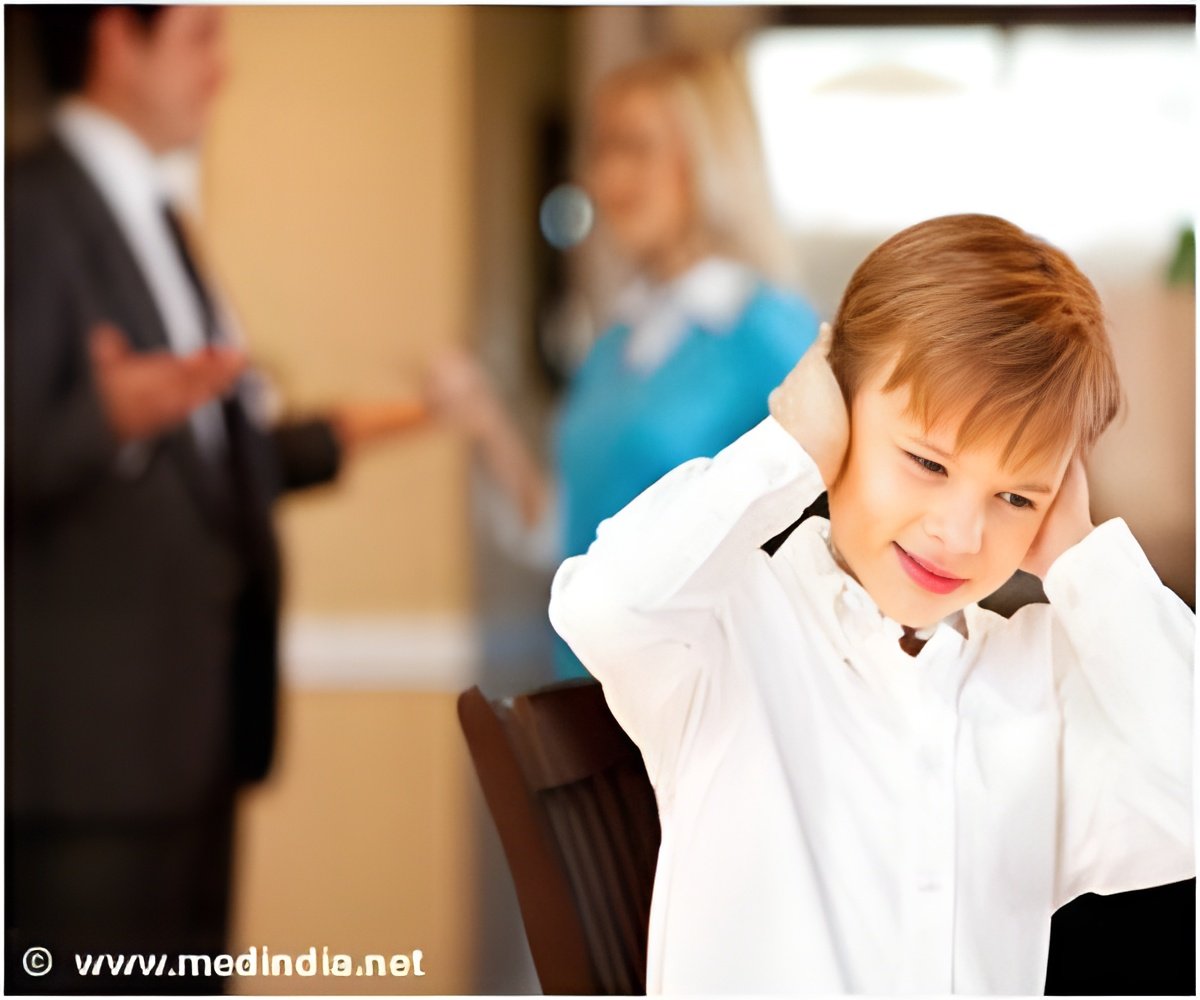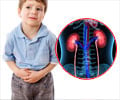
Child-friendly treatment"The results of our study show that cancer and its treatment can also have a traumatic impact in babyhood and infancy," explains Professor Landolt. The children affected can develop more prolonged disorders that impair their development. In order to avoid this, various implications for treating young children with cancer emerge: "More care should be taken to ensure that potentially stressful procedures, such as bone marrow aspiration, are carried out as child-friendly and painlessly as possible," recommends Professor Landolt. Moreover, any measures that improve the child's sense of security in hospital and during the medical treatment and thus reduce their anxiety should be encouraged. There is therefore an urgent need for personnel that have been trained specifically for childhood ages and an infrastructure that is suitable for children. Last but not least, the parents should also be given as much psychological support as possible since they are the child's most important reference people and resources during illness.
48 children aged between eight and 48 months
Studying posttraumatic stress disorder in very young children poses a major challenge as the symptoms manifest themselves differently at this age compared to adults or older children. Under the supervision of Professor Markus Landolt and with the support of pediatric oncologist Eva Bergsträsser, doctoral student Anna Graf interviewed a total of 48 mothers whose children had been diagnosed with cancer. At the time of the study, the children were between eight and 48 months old. On average, 15 months had elapsed since the diagnosis.
The most common medical diagnoses were solid tumors, leukemia, lymphomas and brain tumors. 85 percent of the children had received chemotherapy, 56 percent had been operated on, just under 17 percent had been treated with radiotherapy and 12.5 percent had received a bone marrow transplantation. 21 children (about 44 percent) were still undergoing medical treatment at the time of the study.
Advertisement













